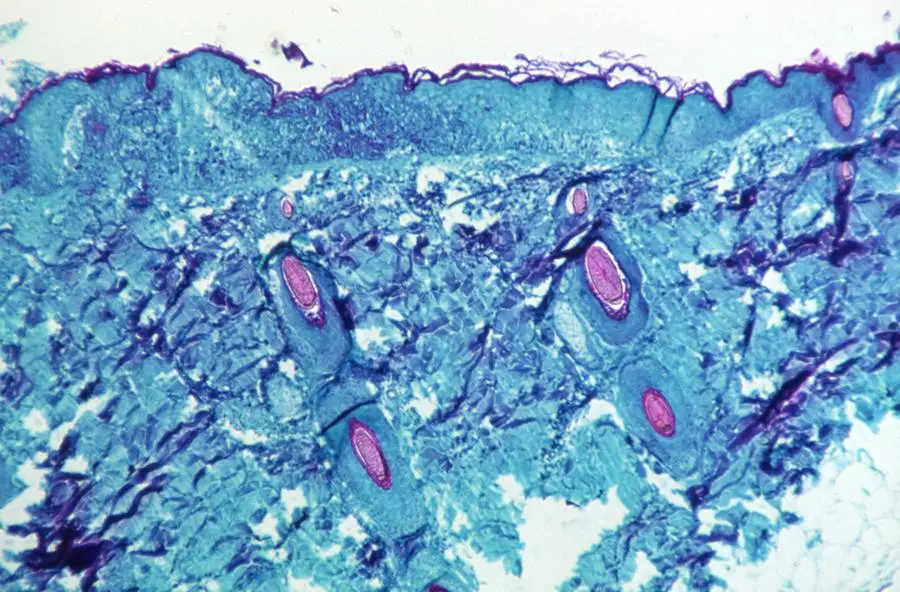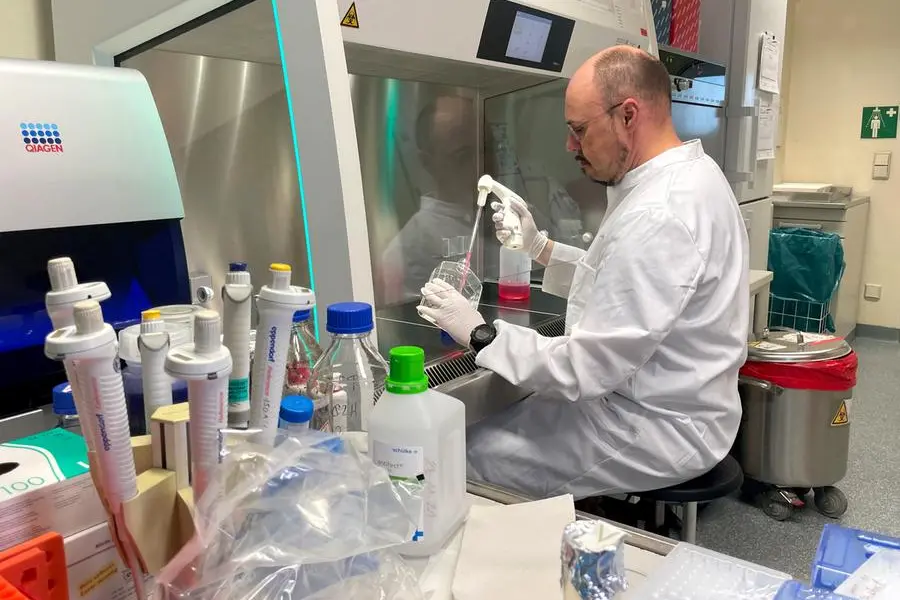PHOTO
With viral zoonotic disease monkeypox detected in multiple countries around the world, health authorities in the UAE have stepped up surveillance and safety measures.


The UAE’s Ministry of Health and Prevention (MoHAP) has called on health facilities to immediately report any suspected, potential or confirmed monkeypox cases through its electronic reporting system for contagious diseases. This will help prevent the spread of the disease and ensure the safety of the community, the ministry tweeted.
Here is all you need to know.
The MoHAP is “closely monitoring” the spread of monkeypox worldwide and “intensifying the local epidemiological surveillance in cooperation with other health entities”. This will help detect any possible cases and prevent the local spread of the virus, the ministry tweeted.
Currently, the health authorities are studying and evaluating the “seriousness of the disease locally”.
Precise mechanisms have been specified for diagnosing suspected cases. The ministry’s technical advisory team for pandemic control has also prepared a comprehensive guide for surveillance, early detection of the disease, management of clinically infected patients and precautionary measures.
Authorities in Abu Dhabi have implemented strict preventive measures. The Abu Dhabi Public Health Centre (ADPHC) and local healthcare authorities continue their coordination, with healthcare facilities asked to remain vigilant for any suspected cases.


The Dubai Health Authority (DHA) has raised the level of epidemiological surveillance of monkeypox cases “to ensure effective and optimal application of prevention and control measures for potential sources of the infection”.
According to MoHAP, the incubation period of monkeypox is usually from seven to 14 days, but can extend to 21 days. The infection begins with a skin eruption, which usually appears three days after suffering from fever. Monkeypox typically presents clinically with fever, rash and swollen lymph nodes and may lead to a range of medical complications.
The virus is transmitted from one person to another by close contact with lesions, body fluids, respiratory droplets and contaminated materials such as bedding. Though rare and usually mild, monkeypox can still potentially cause severe illness.
Before the recent outbreak, the disease used to be limited to a small and medium group of people, which highlights the fact that it has a low human-to-human transmission possibility.
Copyright © 2022 Khaleej Times. All Rights Reserved. Provided by SyndiGate Media Inc. (Syndigate.info).




















